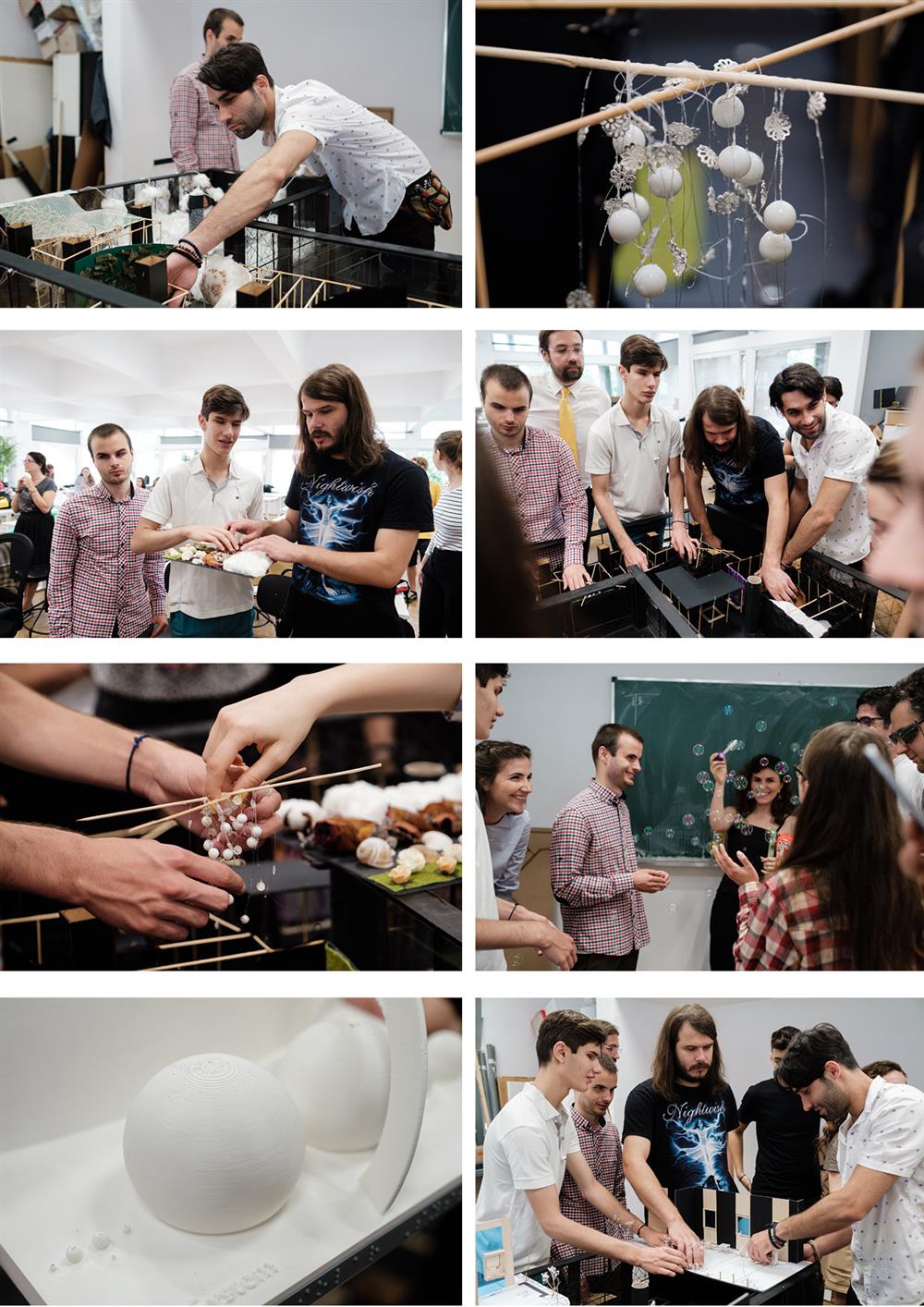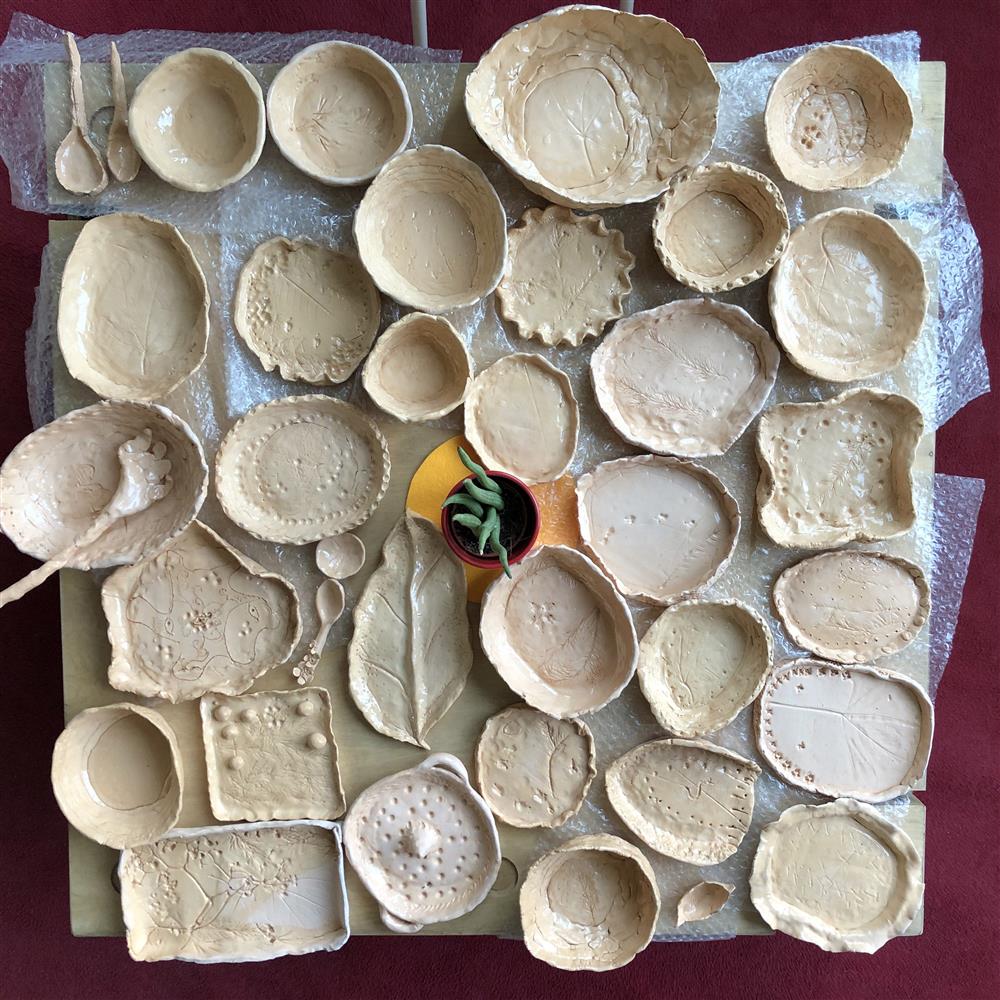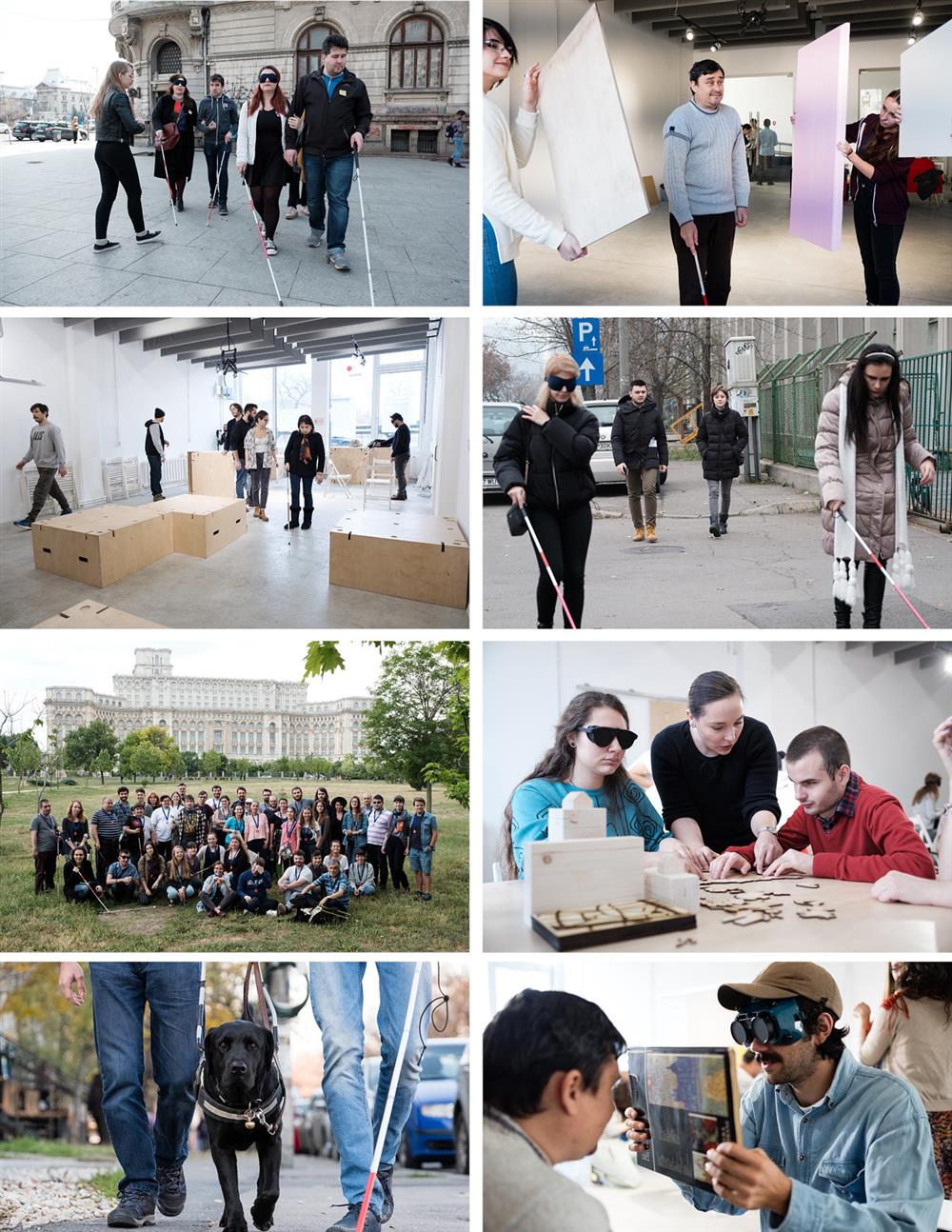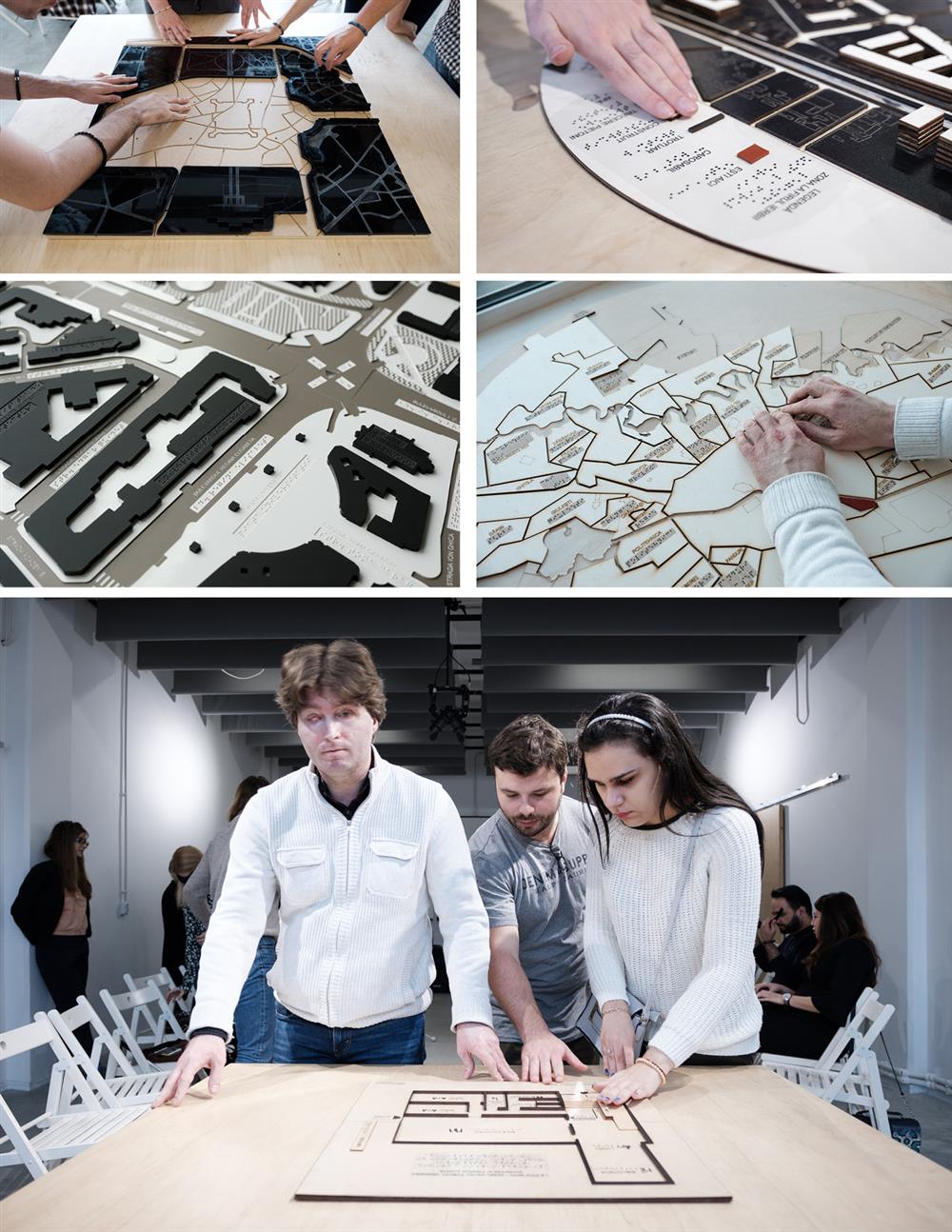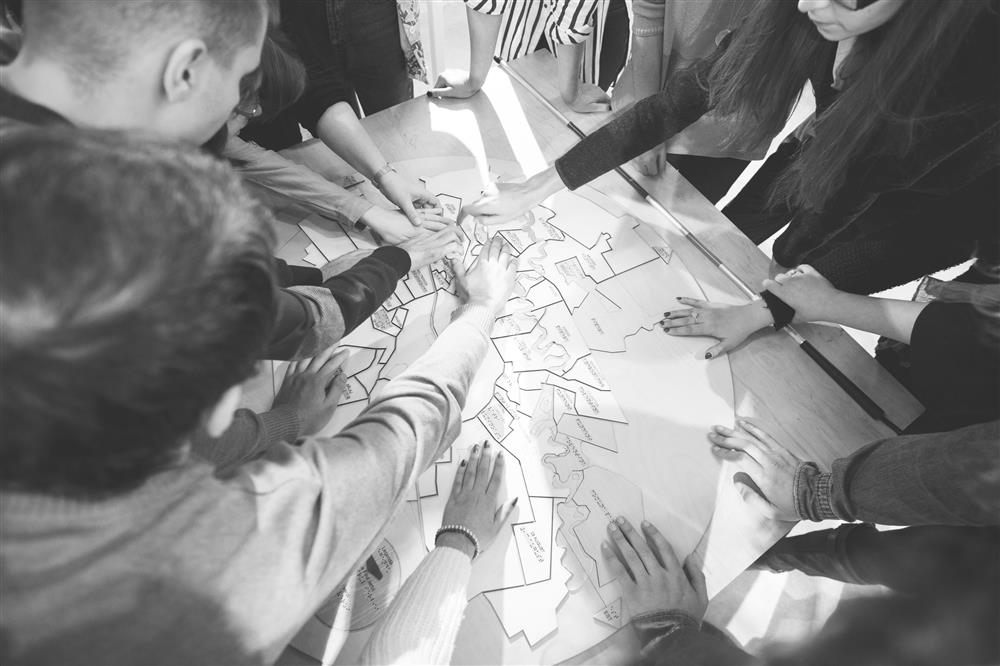Inclusive club engaging with urban planners to create more accessibility for the blind
- Solution
- The Urban Mobility Club
- Organization
- The Alternative Methods of Social Integration Association
- Country of Implementation
- Romania
- Region
- Europe
- Subregion
- Central and Eastern Europe
- City
- Bucharest
- Start Year
- 2017
- First published
- 16.01.2022
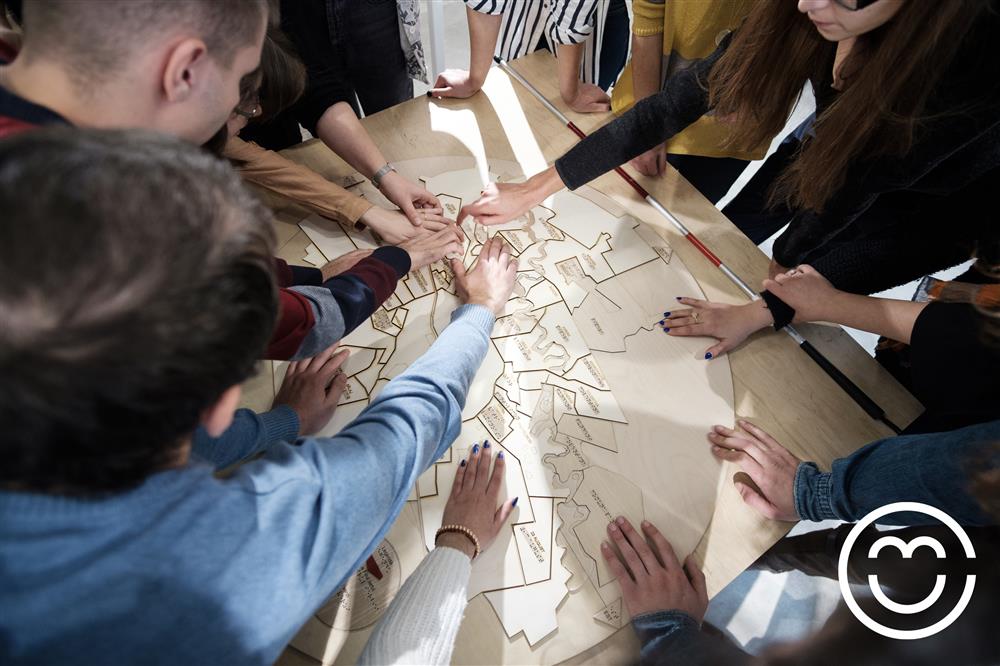
Solution details
“It initiated my first steps, I let my guard down, emotions aside and learned to get rid of inhibitions.” Elisabeta Plaiasu, Visually Impaired Member
The Urban Mobility Club is a skill-sharing community founded in 2017 by the Alternative Methods of Social Integration Association, an NGO based in Bucharest, Romania. The club brings together people with and without visual impairments to develop more accessible solutions for public spaces; and has produced various tools and services, such as tactile maps of the city of Bucharest, and has organized more than 100 webinars.
Problems Targeted
People with visual disabilities in Romania have few opportunities to participate in urban life because there is little awareness of accessibility and inclusive design.
Solution, Innovation and Impact
The Urban Mobility Club (UMC) organizes a community that promotes participatory learning and collaboration on accessibility and inclusive design through a range of activities. Persons with visual disabilities and professionals who impact the built environment – such as architects, urban planners, and public administrators – are particularly encouraged to join. Through its workshops, UMC has been able to produce the first tactile maps of the city of Bucharest, which has helped improve navigation for the approximately 6,000 people with visual disabilities who live in the city. The club also runs trainings for members with visual disabilities on urban mobility and coding, with the intention to further improve and scale digital applications such as Tandem, an app that helps visually impaired users navigate the subway system. Other activities include workshops focusing on ceramics, cooking, personal development, and music. Workshops and online chat groups are entirely free, and participants both with and without disabilities are able to learn from professional trainers.
Funding, Outlook and Transferability
UMC’s annual budget is €35,000, which covers rent, human resources, equipment, and transportation. Since 2017 it has received €159,000 in funding from the Orange Foundation, ING Tech, and Société Générale. UMC will also scale up its activities in the city of Cluj and will launch more technology-related activities, such as an IT hub to teach children with visual impairments how to code. The whole UMC model can be easily replicated in other cities.
Media
Related information
- Connections
- 2
-
Organization
- People
